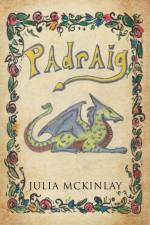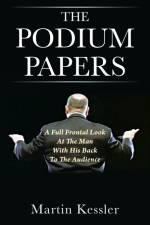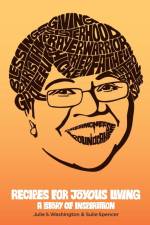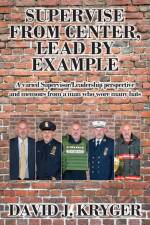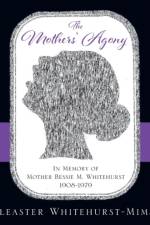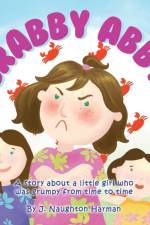av V. Rizsami
419
Ren Wardlow can't imagine her future, but is convinced her "real" mother can-if only she can find her. Growing up in the 1980s, in an upstate New York college town where she sees no one who looks like her, she feels "most at home among the mutations the world creates and disowns." She often doesn't know "who or what to believe" when fierce quarrels erupt between her deeply divided parents and her two brash, scientific-minded sisters. After being seduced by a member of her adoptive mother Celeste's spiritual circle The Aurora, she travels alone to Ireland, where she gains the courage and insight she needs to search for her mother Alison, an environmental activist who has inexplicably vanished. Helped along by her ornithologist boyfriend and by her adoptive father John's long-held secrets, Ren's meandering investigation slowly unearths the truth about her mother-and what the future holds for them both. Decades later, Ren's passionate, outspoken millennial daughter Una reads her mother's diaries as wildfires, viral outbreaks, and homelessness plague the Pacific Northwest. Living in a comfortably secluded Portland home, recovering from a painful divorce, and mired in grief over her biracial son's death in a school shooting, Una is humbled-and surprised-to learn of Ren's struggles to trust her instincts in an increasingly post-truth world. In re-imagining her mother's life, Una, a history teacher, deepens her understanding of the perilous, irrevocable endeavor that is motherhood. While continuing to demand justice for her son's murder, she also realizes her own capacity for self-deception-and, she fears, a heritage that predisposes her to martyrdom. The Pardoners entwines a rite-of-passage story with a tale of loss and reckoning, with especially high stakes for women as they confront tensions between ideals and appetites that persist on an imperiled planet. From the vexations of predatory landlords and science deniers to the changing meanings of home and family for the young, the novel asks not only what it means to forgive, and what absolution costs, but how to bear responsibility for injustice.


